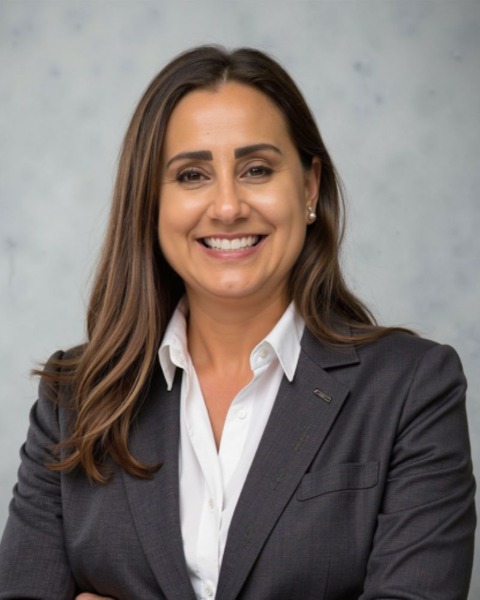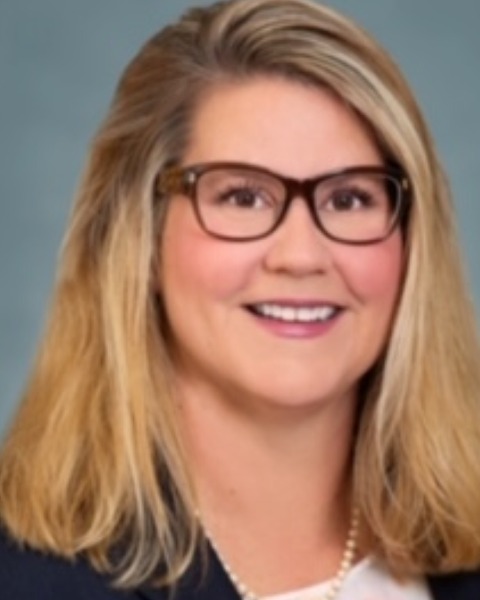Workforce Cultivation
Beyond the Bricks: Engineering a Culture of Trust and Shared Purpose
Poor communication is a major contributor to leadership burnout and team dysfunction. When senior leaders perceive essential organizational information as unclear, incomplete or miscommunicated, they feel unsupported, overwhelmed and undervalued. This communication breakdown fosters disconnection among leaders, emotional exhaustion and a toxic workplace culture. The result is a cycle that intensifies burnout, undermines organizational effectiveness and ultimately compromises the quality of patient care. Our team experienced emotional and operational turbulence throughout 2024. What began as isolated challenges quickly compounded into deeper organizational issues. Communication broke down across multiple levels, leaving teams misaligned and struggling to keep pace. Leaders often operated in silos, unsure of who was doing what and unclear about decision-making authority or strategic direction. A sense of psychological safety—essential for effective collaboration—was notably absent.
As a result, team members hesitated to speak openly, admit mistakes or express concerns. Many felt undervalued, unheard or even invisible in critical conversations. This environment not only hindered performance but also eroded trust and contributed to emotional exhaustion and burnout across the leadership team. The consequences went beyond internal dysfunction. The collective disconnection had a ripple effect across the cascade of teams, weakening team cohesion, creating frustration and threatening the ability to maintain high standards of patient care and staff support.
C-suite communication challenges and leadership burnout cannot be solved easily. It requires patience to rebuild relationships and reestablish trust. It requires motivation to do the hard work of change even when progress feels slow. And it requires inspiration—shared commitment to reimagining how we lead, communicate and care for one another, our teams and communities we serve. The goal is to build a leadership culture rooted in clarity, compassion and connection. We’re committed to repairing what’s been strained, to listening deeply and to leading with both strength and humility. The storm of 2024 taught us hard lessons—but it also revealed where we can grow and learn to future-proof our culture.
Learning Objectives:
- Identify the key signs and root causes of leadership disconnection, emotional exhaustion and toxic workplace culture.
- Apply evidence-based techniques to build psychological safety, strengthen leader relationships and foster trust.

Meiko Onken
Chief Operating Officer, Banner University Medicine Tucson
Banner Health
Alison Flynn Gaffney, FACHE
CEO, Banner University Medicine Tucson
Banner Health
Tawnya Tretschok
Chief Operating Officer
Banner Health- GC
Gordon Carr, MD
Chief Medical Officer
Banner University Medicine Tucson
